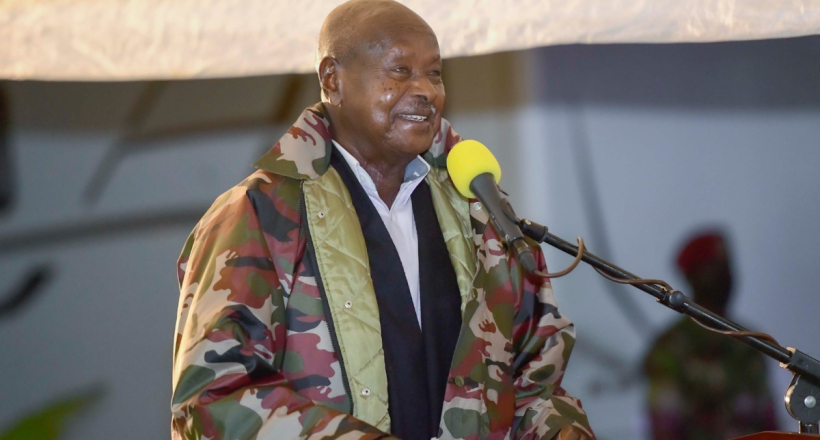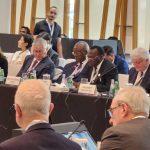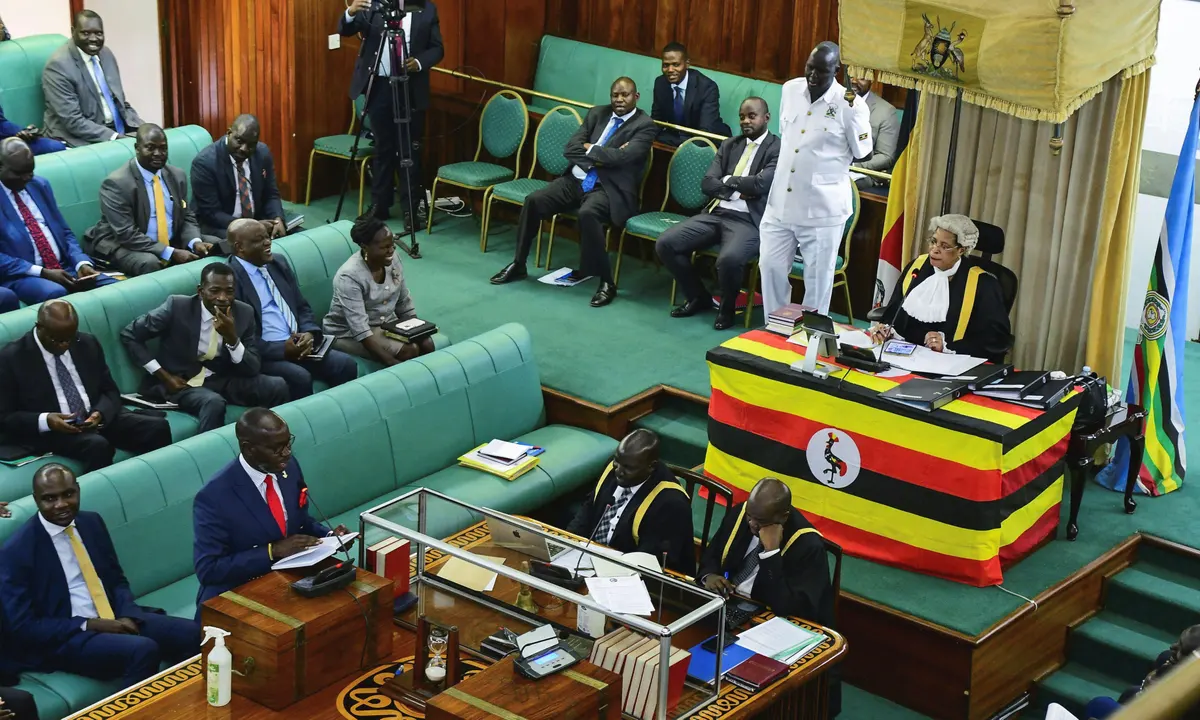President Yoweri Kaguta Museveni convened a meeting on Friday with the leadership of traders from both Kampala and upcountry districts at State House Entebbe. The gathering followed a protest by traders who shut down their businesses, citing dissatisfaction with the Uganda Revenue Authority’s (URA) enforcement of the Electronic Fiscal Receipting and Invoicing Solution (EFRIS). Discussions at the meeting primarily revolved around the taxation burden imposed on their businesses, particularly concerning the EFRIS system.
During the dialogue, the President informed the traders that he plans to convene with technocrats from the Ministry of Finance, Planning, and Economic Development, as well as representatives from URA, on April 24, 2024, for broader consultations. Additionally, he announced his intention to hold a meeting with all traders on May 7, 2024, at Kololo Ceremonial Grounds.
President Museveni also directed URA to suspend all penalties temporarily, allowing space for further consultations. Following these assurances, the leaders of the traders reluctantly agreed to reopen their businesses as they continue to engage with the government.
The delegation of 61 leaders, spearheaded by Mr. Kabanda John, head of the Federation of Uganda’s Traders Associations (FUTA), and Dr. Musoke Thadeus Agenda, leader of the Kampala City Traders Association (KACITA), participated in the meeting. Mr. Issa Ssekito, the spokesperson of KACITA, was also in attendance.
This development marks a temporary respite in the standoff between traders and the government. However, skepticism looms over the effectiveness of these consultations and the lasting impact on traders’ grievances. The decision to resume business operations appears more of a cautious concession rather than a genuine resolution to the underlying issues.
The meeting’s outcome raises questions about the extent of governmental responsiveness to the concerns of small traders, particularly in the face of mounting economic challenges and the implementation of new tax measures. While the suspension of penalties offers a brief reprieve, it remains to be seen whether substantive reforms will materialize from the upcoming consultations.




















